About us
About us
The Department of Architecture, Built Environment and Construction Engineering generates and transfers knowledge and value in architecture and the construction sector through research and education
Mission & Vision
The mission of the ABC Department is to respond with responsibility, scientific rigor, and creativity to the challenges affecting the entire sector of construction, architecture, and the built environment.
The challenges that guide the Department’s research and development policies, as outlined in its strategic plan, are:
- the energy and ecological transition
- technological innovation and the digital transition
- risk adaptation and mitigation
- social inclusion and responsibility
- the enhancement of cultural identity
- cooperation and development
The Department pursues the Sustainable Development Goals (SDGs) by generating innovative ideas and solutions for a built environment that is more sustainable, healthy, safe, inclusive, and connected, as well as new methods and tools to design, construct, manage, and transform buildings throughout their entire life cycle.
Through an excellent educational offering, the ABC Department addresses the need to train new highly specialized professionals capable of managing the ecological and digital transition. It promotes a model of advanced research and experimentation based on multidisciplinarity.
Read the ABC Department's “Quality Policy”.
Values
DABC shares with the University the core values of honesty and integrity, respect, professionalism, and transparency, and represents a place of experimentation and planning at the service of society.
The value that DABC brings to research and education can be traced back to its ability to:
- observe ongoing changes, anticipate issues, and propose solutions through a curiosity-driven approach, envisioning scenarios of innovation and transformation (technological foresight);
- enhance interdisciplinarity to creatively address and solve complex problems and generate knowledge advancement through cutting-edge research projects;
- create synergies with the public administration, the third sector, and businesses in design, production, construction, and management.
Expertise and Disciplines
The transdisciplinary approach is ABC’s added value in addressing the challenges of sustainability, efficiency, and resilience in the built environment, within the framework of a cohesive and innovative polytechnic culture.
The expertise available can be grouped into four main areas:
- sciences and technologies for construction and the built environment;
- building and construction engineering;
- architectural and technological design in its various dimensions (architectural, technological, performance-related, and constructive) and at different scales (materials, building and systems components, buildings, built environment), for new construction, redevelopment, renovation, and conservation;
- history, protection, management, and enhancement of the built environment and landscape.
Spaces
DABC is committed to designing inclusive spaces that pay attention to equal opportunities, promoting “Design for All,” in line with the University’s Strategic Plan:
“To be an increasingly welcoming and inclusive place, guarantee equal opportunities, and value the uniqueness of individuals through specific actions that deconstruct stereotypes and combat every form of unjust discrimination, with great attention to the physical and psychological well-being of the entire polytechnic community.”
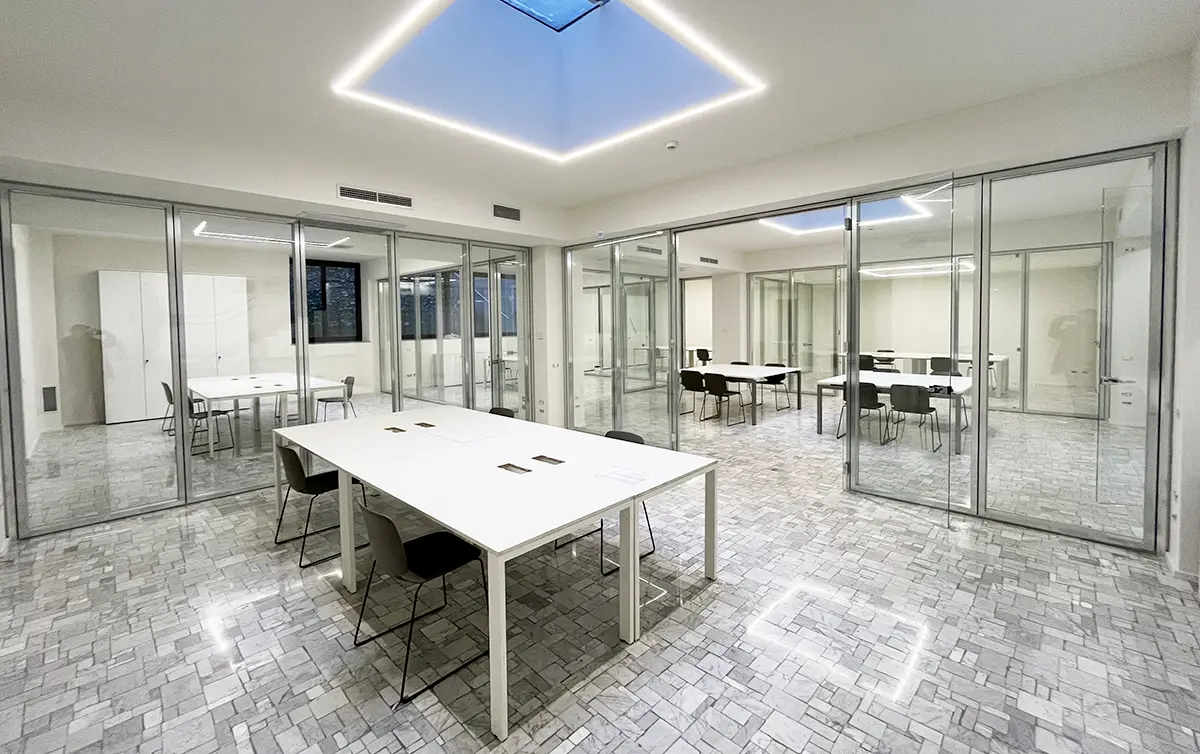
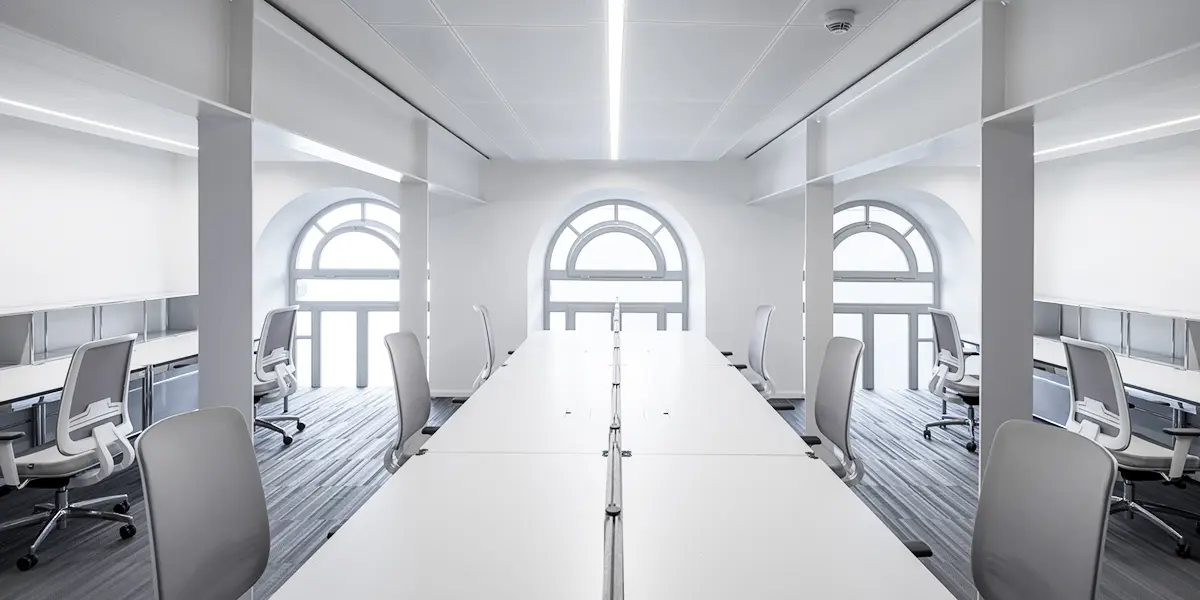
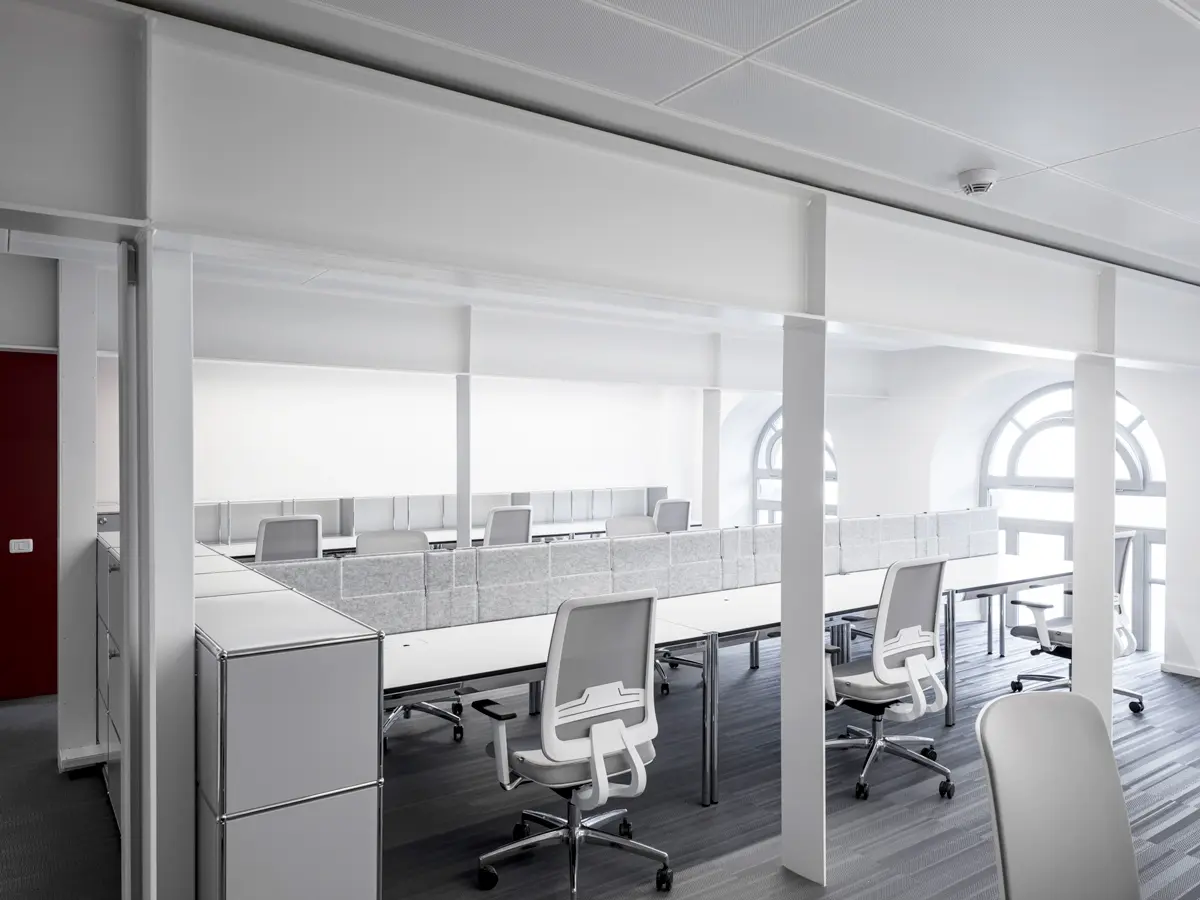
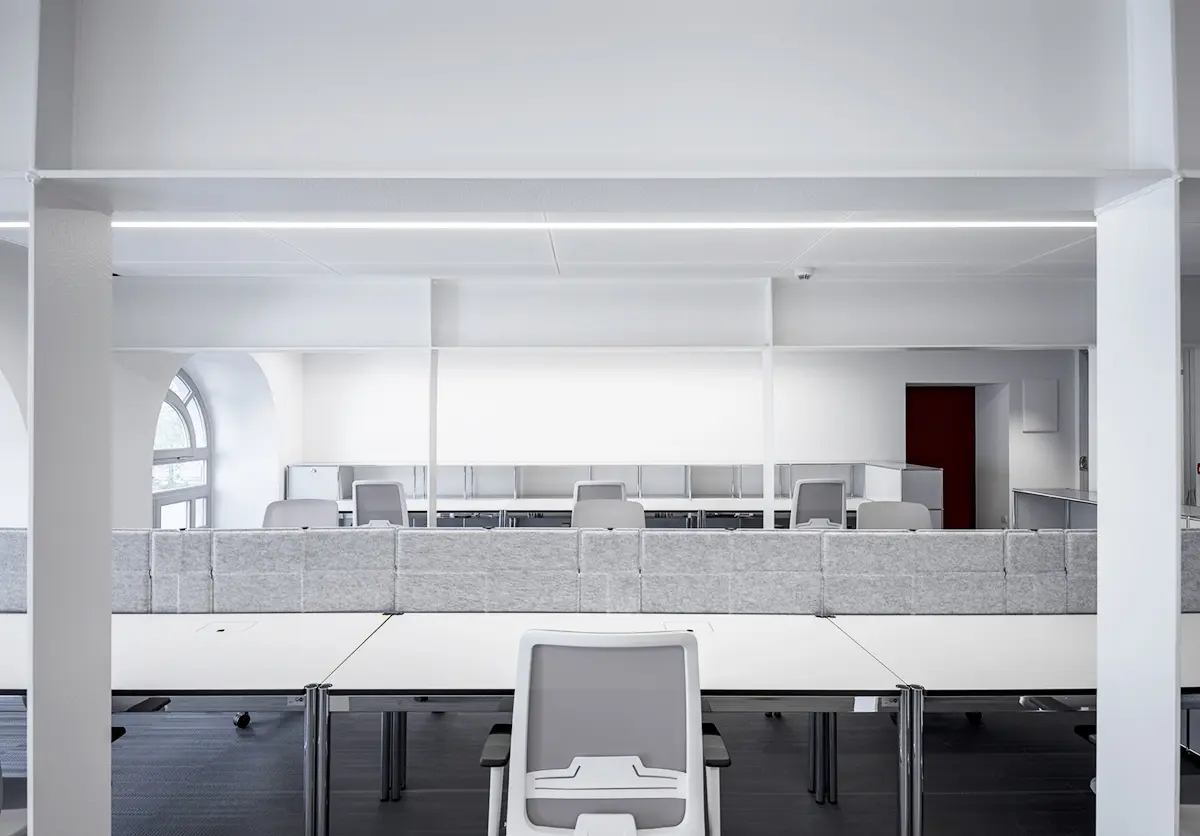
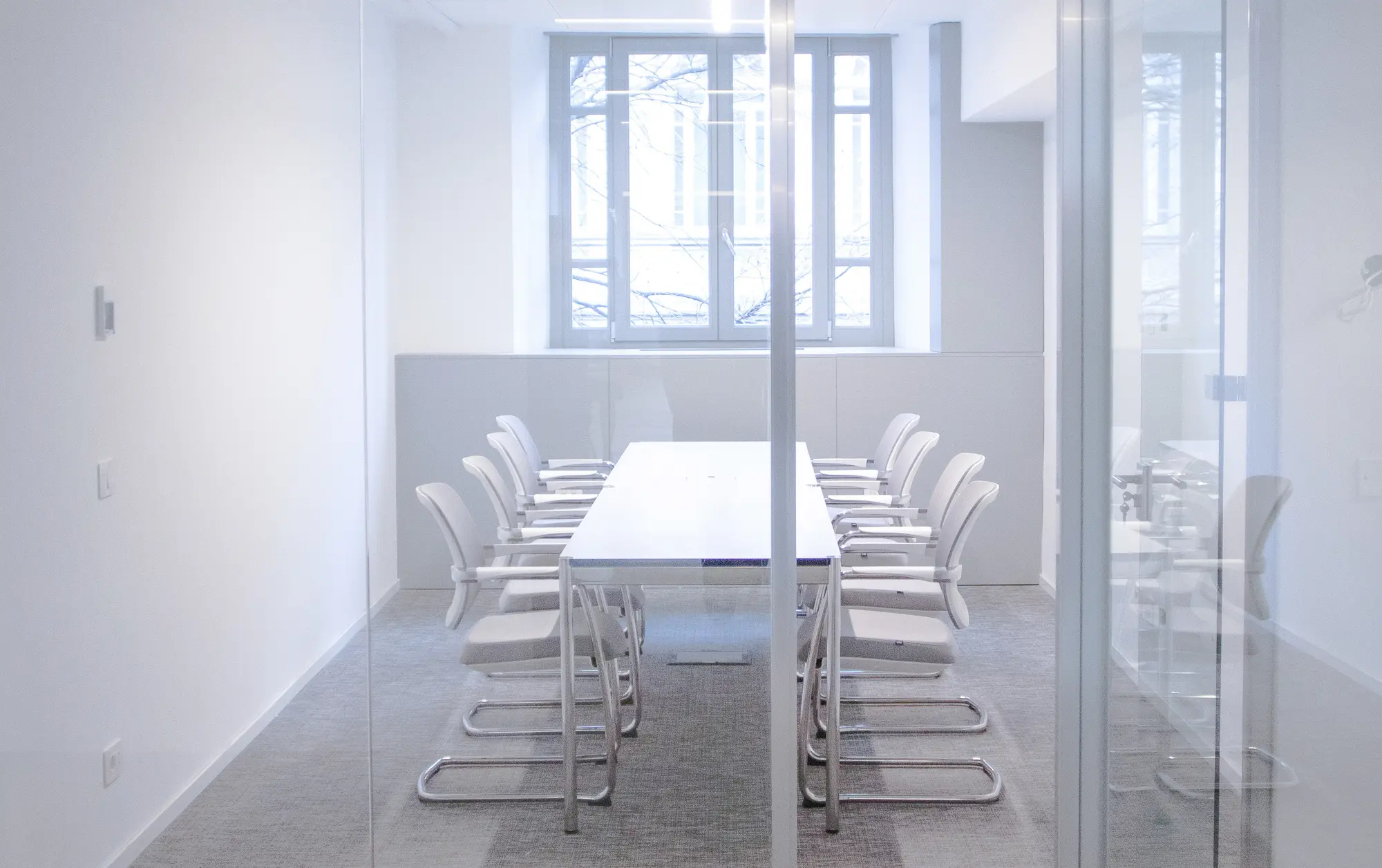
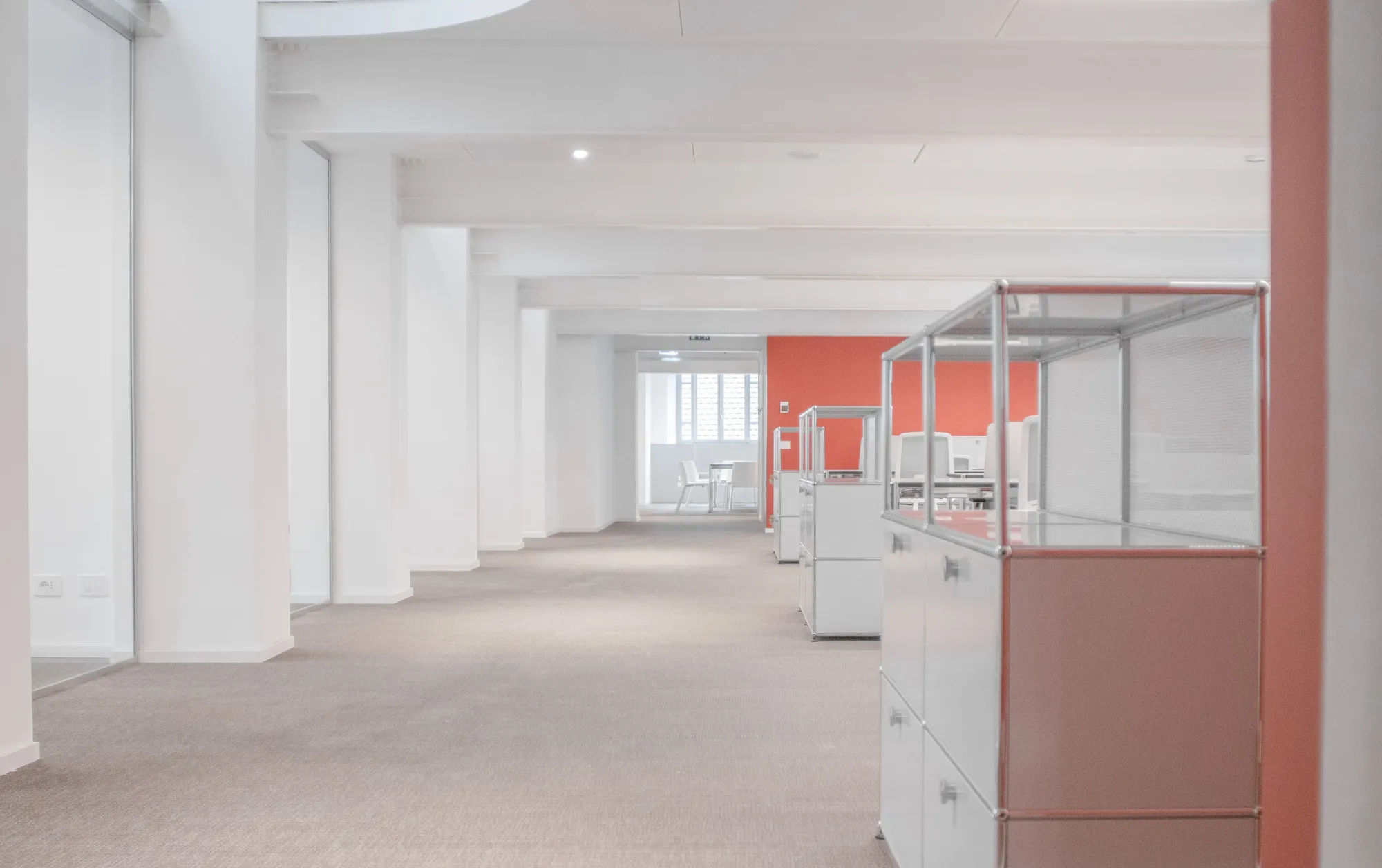
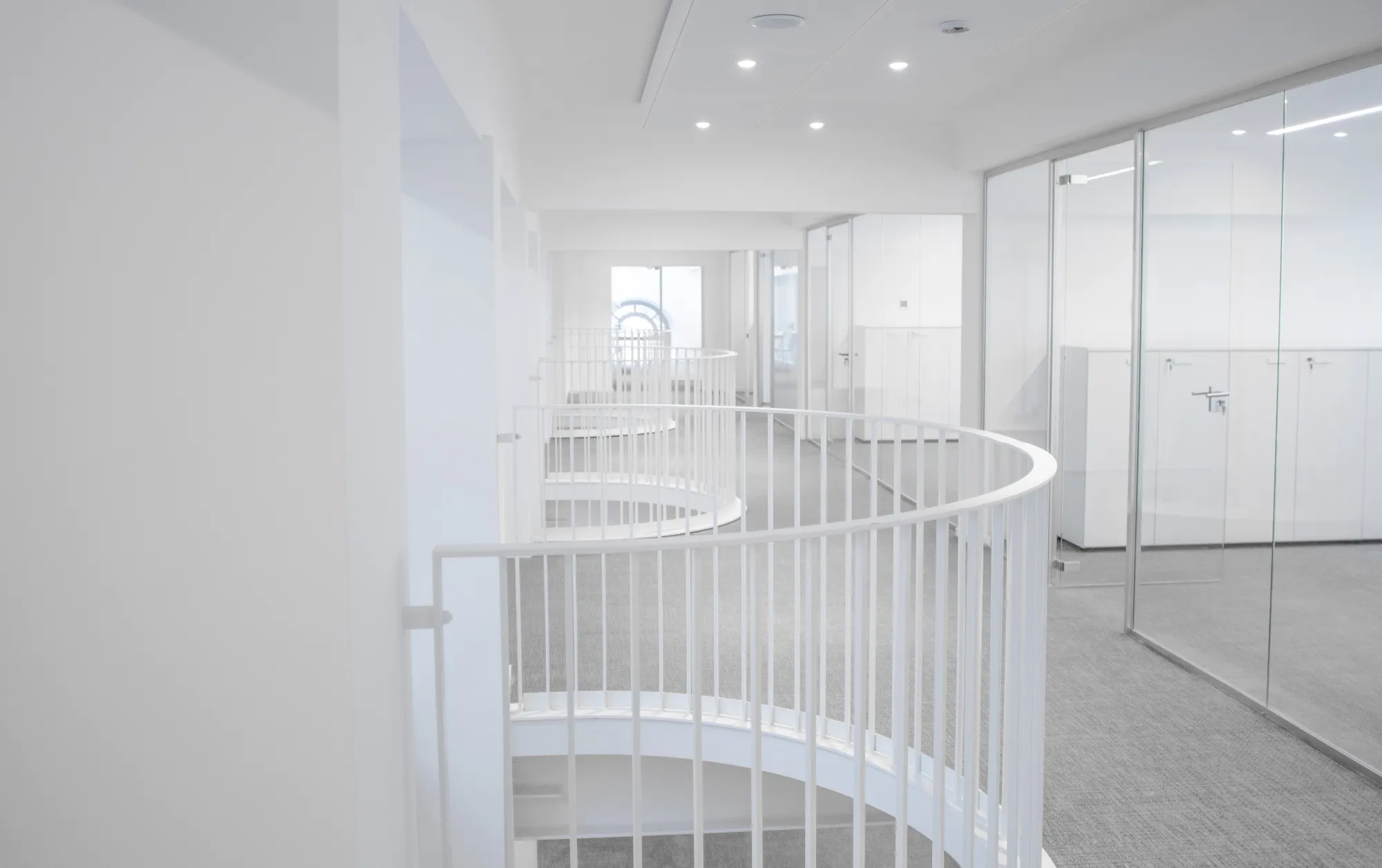
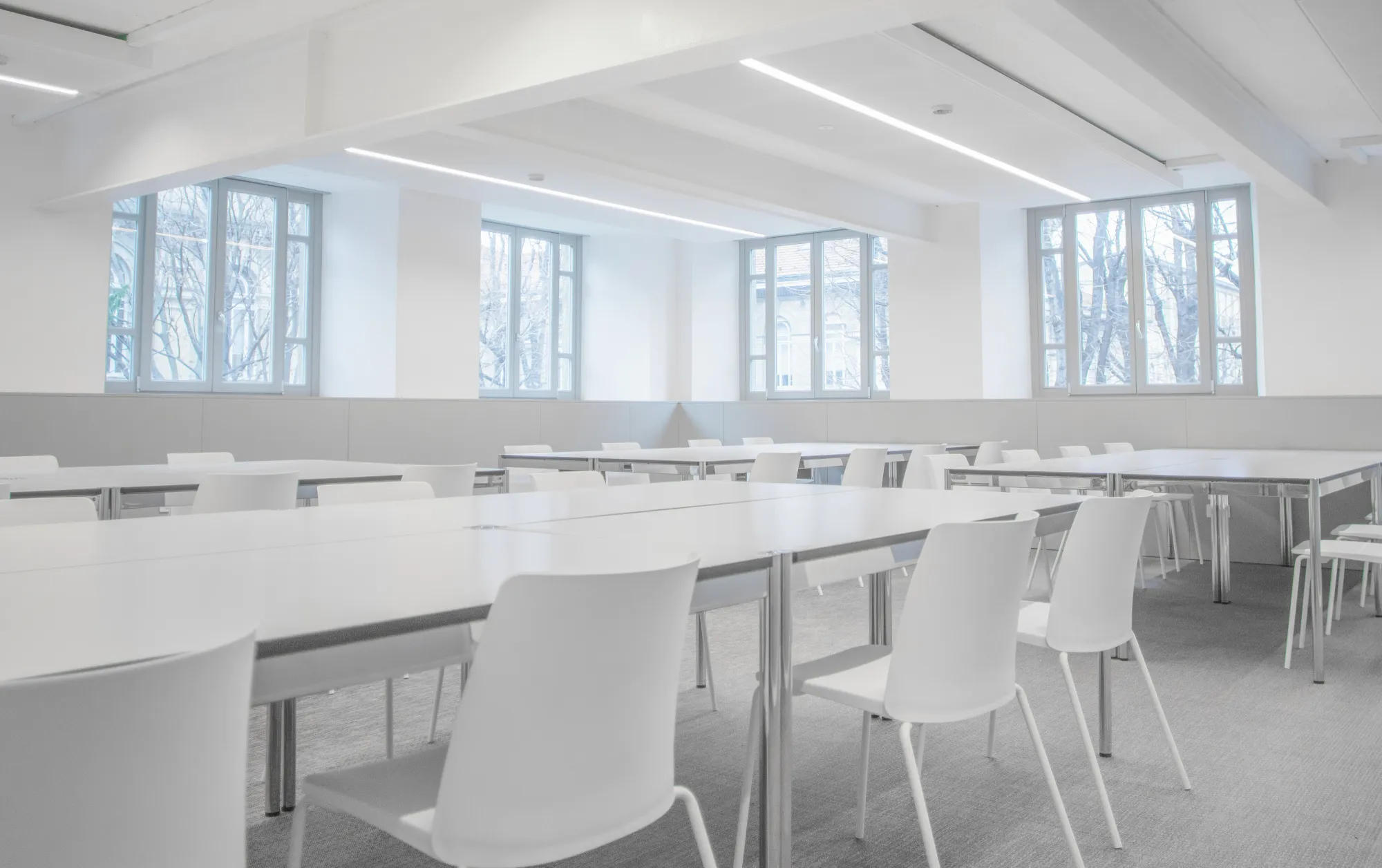
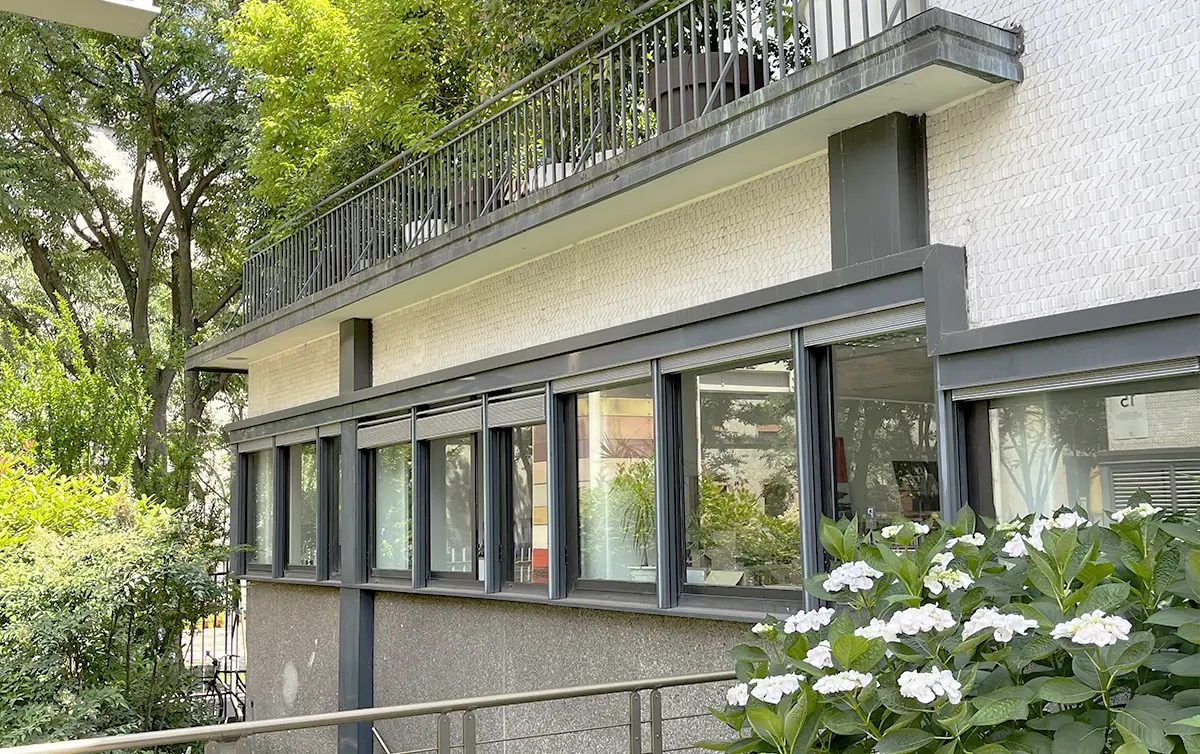
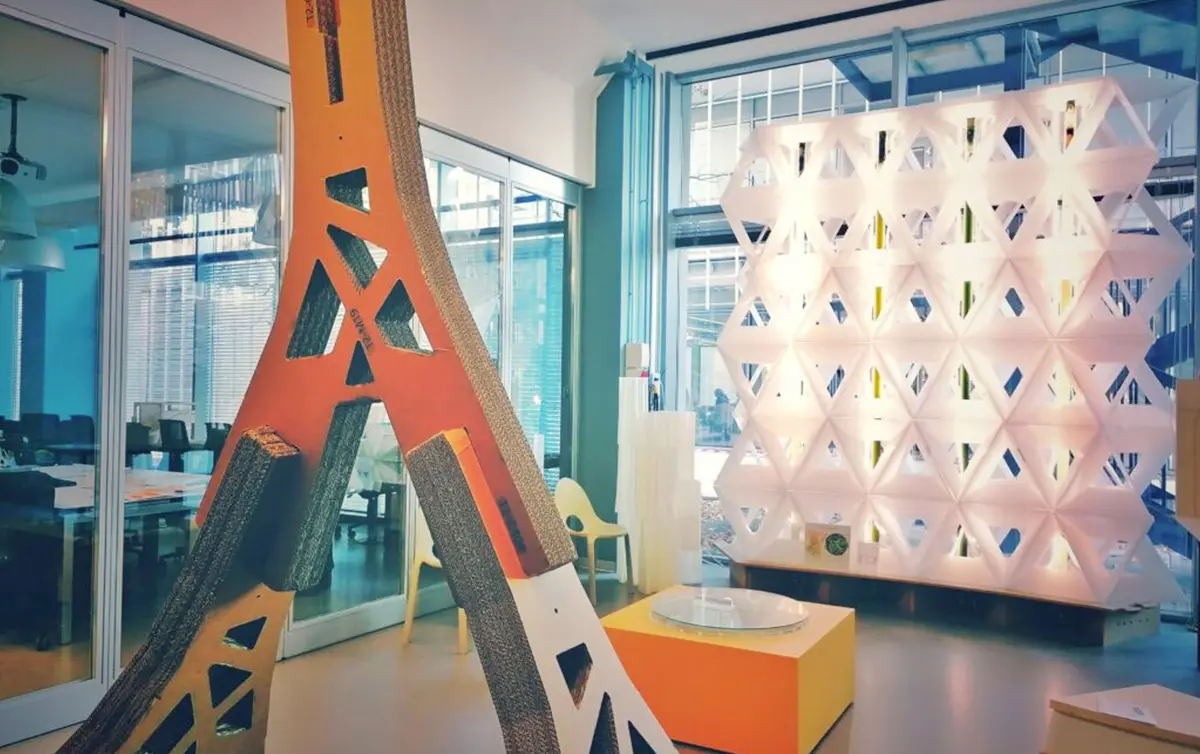
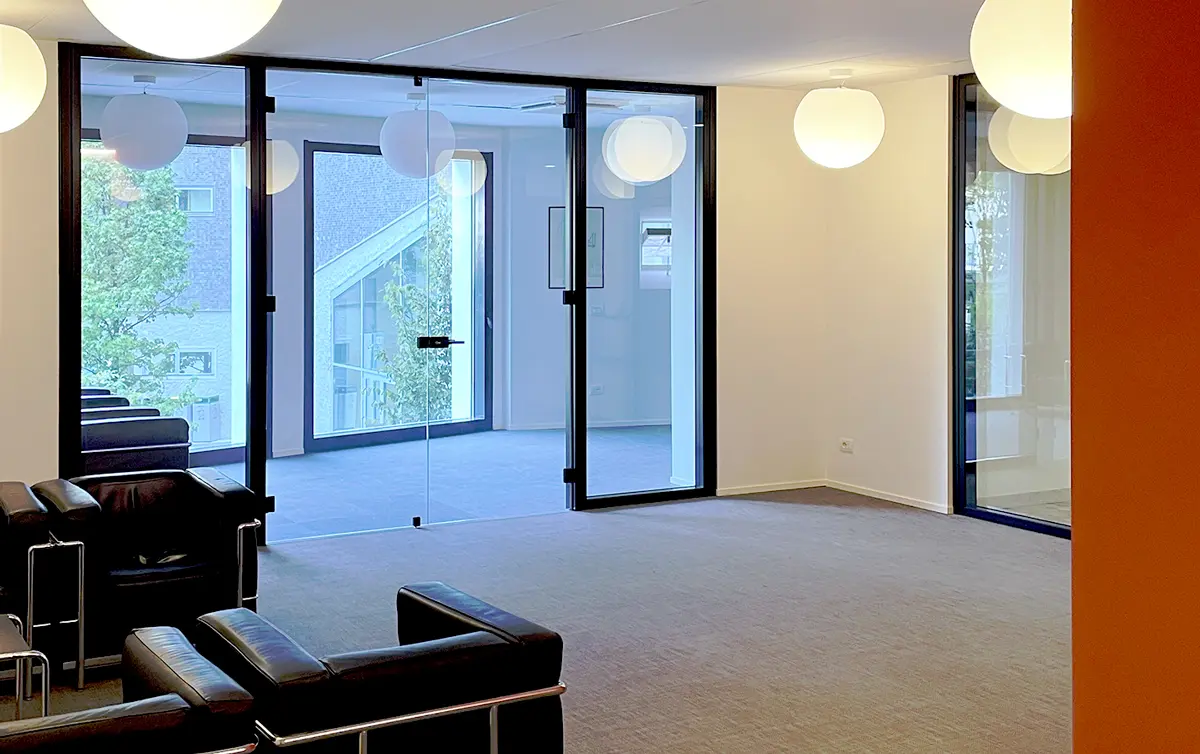
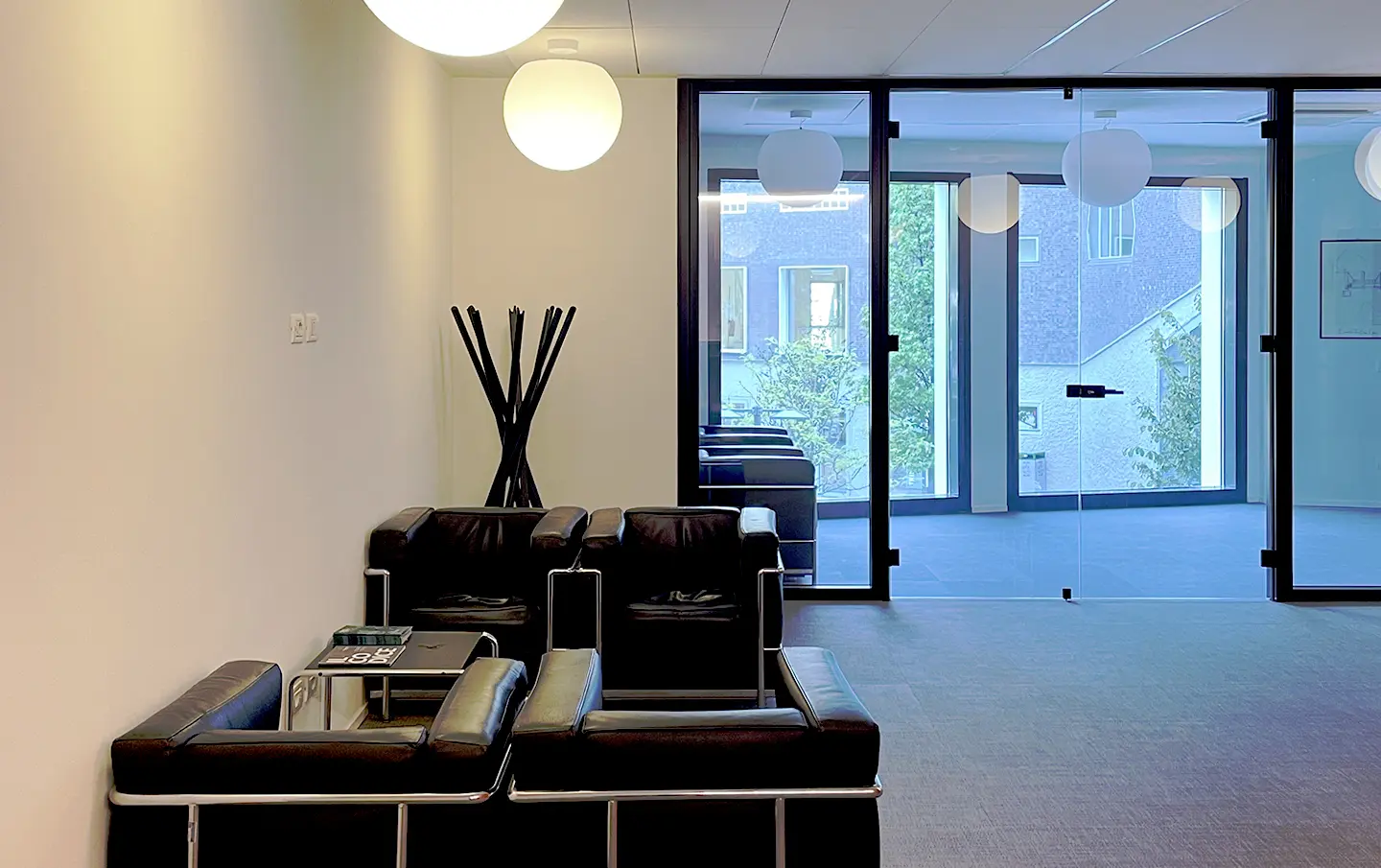
Key-facts 2022-24
According to the 2024 QS Ranking, the ABC Department holds 7th place worldwide in the field of Architecture and the Built Environment, and 13th place worldwide in Civil and Structural Engineering.
- Competitive research and internationalization:
94 competitively funded projects, over 450 contracts, 60 Visiting Professors; 54% international PhD candidates, 72 PhD scholarships. - Research impact on the scientific community:
2,700 scientific outputs, including 450 with international co-authors and over 1,000 with international impact (WOS/SCOPUS). - Education at the first, second and third level, and continuing education:
2,970 ECTS credits across 603 total courses within the University’s four Schools; 87 ECTS between the ABC PhD Programme and the Doctoral School; 68 ECTS across Advanced Courses, Master programmes, and Continuing Education initiatives. - Social responsibility:
570 public engagement initiatives: curatorship of the Venice Architecture Biennale; partnership with FAI for the promotion of cultural heritage; WHO consultant for environmental health and well-being; scientific and coordination responsibility for Mantova Architettura, Milano Arch Week, Arte Sella Architettura, and three PoliSocial projects.